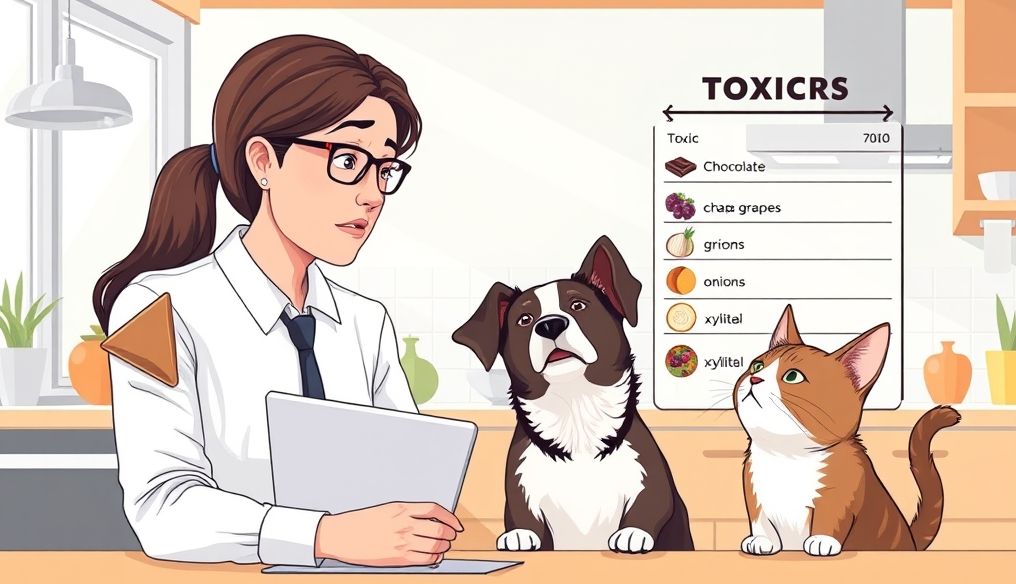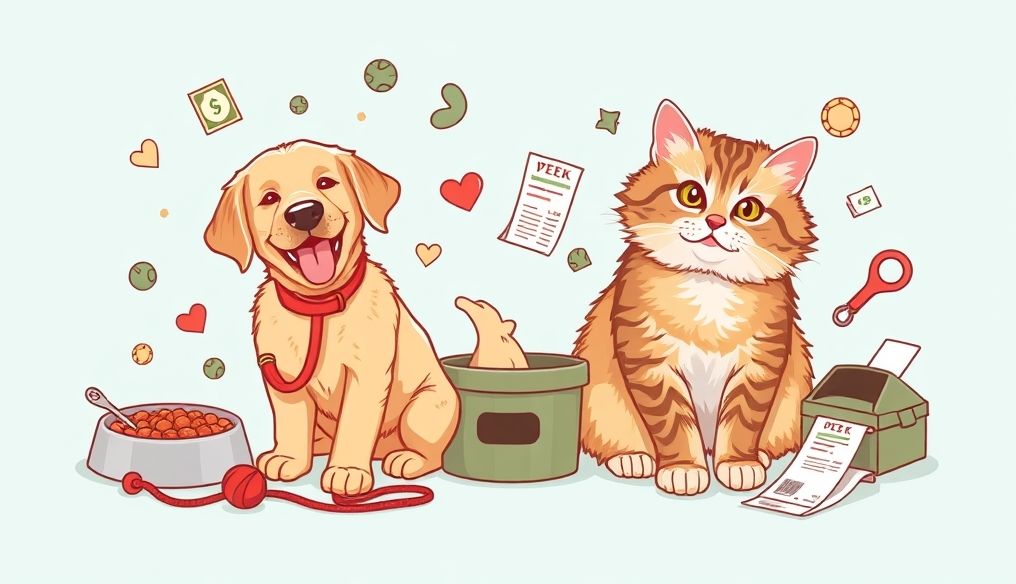Is Adopting a Pet from a Shelter Really the Best Option?
Deciding to bring a pet into your life is an important decision that requires careful consideration. One choice you face is whether to adopt a pet from a shelter or buy one from a breeder or pet store. Each option has its advantages and disadvantages, and this article aims to explore these aspects to help you make an informed decision.
Chapter 1: Overview of Adoption and Buying
Adoption: Means welcoming a pet that has been abandoned or given up, and is usually found in a shelter or animal welfare association. These animals are often medically checked, vaccinated, and spayed or neutered before adoption.
Buying: Means getting a pet from a breeder or pet store. In this case, you often have more information about the animal's breed and health history (if the breeder is responsible). However, there may be ethical concerns regarding breeding practices, especially in pet stores.
Chapter 2: Health Benefits of Adopting a Pet
One common belief is that animals in shelters suffer from health problems. While some may, many are in good health. In addition, most shelters do the following:
- Conduct initial medical examinations.
- Provide basic vaccinations.
- Spay or neuter the animal.
These procedures reduce the risk of infectious diseases and help control certain behaviors. Also, an adopted animal may have already passed the puppy or kitten stage, reducing the need for intensive training and ongoing care.
Chapter 3: Behavioral Aspects of Adopted Animals
Some may be concerned about the behavior of adopted animals, especially if they do not have information about their history. However, many shelters assess the behavior of animals before offering them for adoption. They may have information about the animal's personality and its interaction with humans and other animals.
In addition, adopted animals can have a deep appreciation for a new home and a better life. They are often especially grateful and loving.
Chapter 4: Financial Costs: Adoption vs. Buying
Adopting a pet is usually less expensive than buying one. Adoption fees often cover the costs of vaccination and spaying/neutering, while you may need to pay these costs separately when buying a pet. In addition, there may be additional costs associated with certain breeds, such as health insurance or specialized food.
Example: The adoption fee for a cat from a shelter may cost $100-200, while buying a cat of a certain breed may cost $500-2000.
Chapter 5: Ethical Considerations: Supporting Shelters vs. Supporting Puppy Mills
From an ethical standpoint, adopting a pet from a shelter is a way to support these organizations that work to rescue abandoned animals and find new homes for them. It also helps reduce the number of animals that are killed due to overcrowding in shelters.
On the other hand, buying a pet from a pet store may support puppy or kitten mills, which are inhumane breeding facilities that often neglect the health and welfare of animals.
Chapter 6: Training and Socialization of Adopted Animals
Adopted animals may need some training and socialization, especially if you do not have information about their history. However, there are many resources available to help you with this, such as:
- Obedience training classes.
- Books and articles on animal behavior.
- Animal behavior consultants.
Patience and consistency are key to success in training adopted animals.
Chapter 7: The Emotional Impact of Adoption
Adopting a pet can be an emotionally rewarding experience. Knowing that you have saved an animal's life and given it a safe and loving home can have a significant positive impact on your mental and emotional health.
Study: A study published in the "Journal of Positive Psychology" found that pet owners who adopted reported higher levels of happiness and life satisfaction compared to others.
Chapter 8: Types of Animals Available for Adoption
Shelters are not just for dogs and cats. You can also find other types of pets available for adoption, such as:
- Rabbits.
- Birds.
- Rodents (such as hamsters and mice).
- Reptiles.
Regardless of the type of animal you are looking for, it is helpful to check local shelters first.
Chapter 9: Tips for Successful Adoption
To ensure a successful adoption experience, here are some tips:
- Do your research: Learn about the needs of the animal you are considering adopting.
- Visit the shelter: Spend some time with different animals before making a decision.
- Be prepared: Prepare your home and budget to welcome a new pet.
- Be patient: It may take some time for the animal to adjust to its new home.
- Ask for help: Do not hesitate to seek help from trainers or behavioral consultants if you need it.
Chapter 10: Conclusion: A Personal Decision
In the end, deciding whether to adopt a pet or buy one is a personal decision. There is no right or wrong answer. However, by considering the health, behavioral, economic, and ethical aspects, you can make an informed decision that suits you and your lifestyle.
Disclaimer: This article is for informational purposes only and should not be considered a substitute for professional veterinary advice. Always consult your veterinarian for advice on your pet's health.




